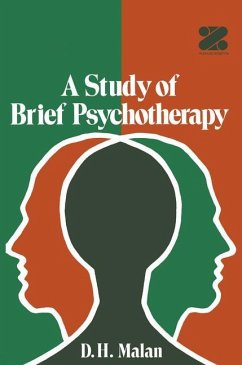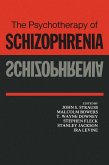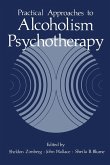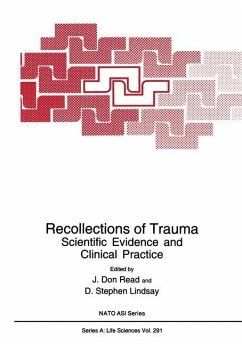The original aim of the present work, which was initiated by Dr. Michael Balint, was to explore Brief Psychotherapy carried out by psycho-analysts who are relatively skilled and experienced. To this has been added an attempt to reconcile the 'clinical' and 'objective' approaches to psychodynamic material, by treating clinical judgements exactly as rigorously as is appropriate, no more and no less. A review of previous work leads to little definite conclusion. A complete spectrum of views can be found, from the most 'conservative' (e.g. brief psychotherapy is only effective in the mildest and most recent illnesses; the technique used should be superficial-any attempt to go 'deeper' will lead to long-term therapy; and the results are only palliative) to the most 'radical' (seriously ill patients can be extensively helped by a technique containing most of the essential elements of long-term methods such as psycho-analysis). The present work is based essentially on the therapies of nineteen patients, treated by a team of therapists under the leader ship of Dr. Balint. The study is largely retrospective, but it is designed to fill some of the important gaps to be found in the literature: 1. Detailed case histories are given of all patients treated; 2. Particular attention is paid to long follow-up; 3. A method of assessing therapeutic results has been developed which is regarded as psychodynamically valid and is based on published evidence; 4. The relation is examined between outcome and (a) the characteristics of patients, (b) the characteristics of technique.
Hinweis: Dieser Artikel kann nur an eine deutsche Lieferadresse ausgeliefert werden.
Hinweis: Dieser Artikel kann nur an eine deutsche Lieferadresse ausgeliefert werden.








